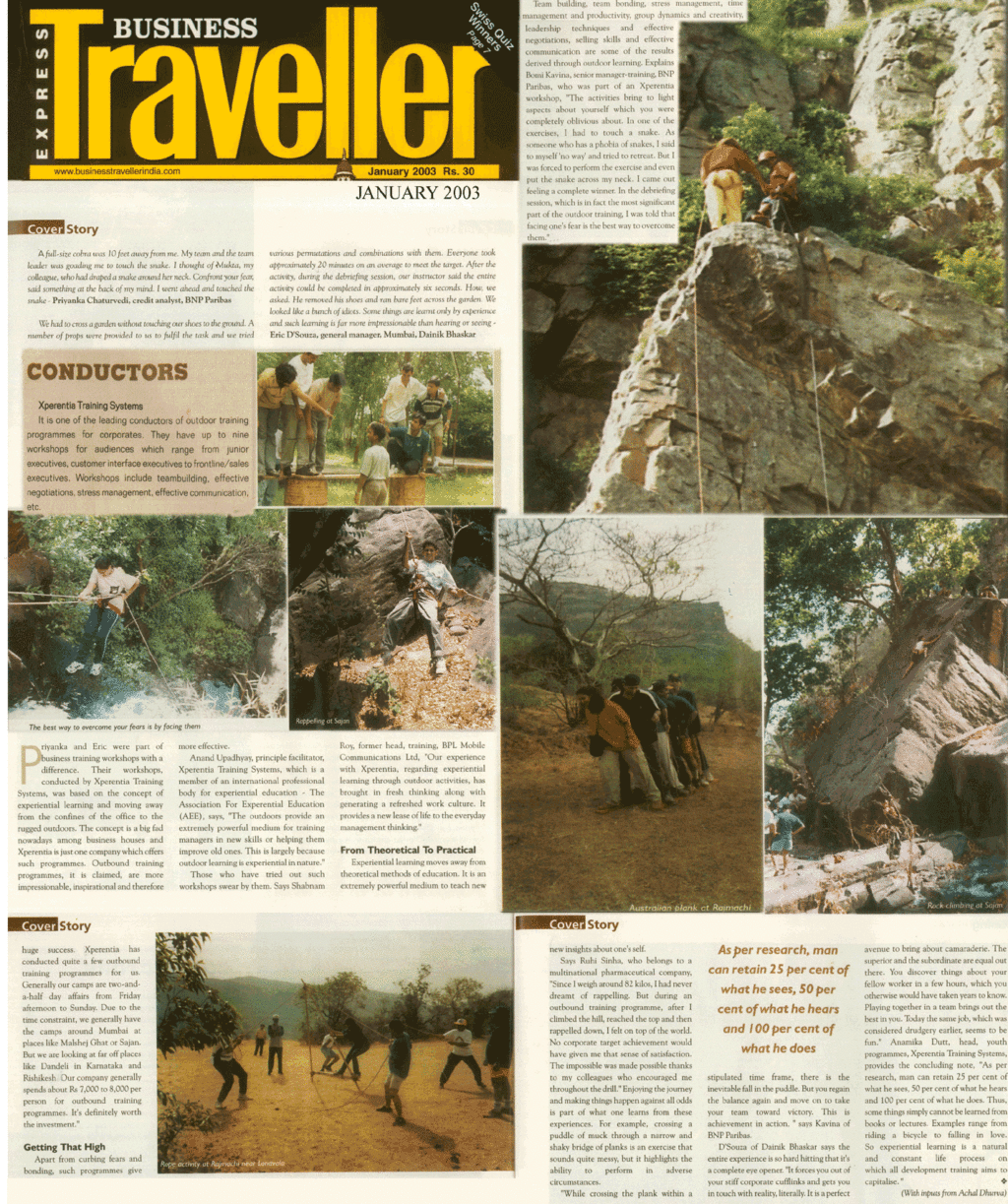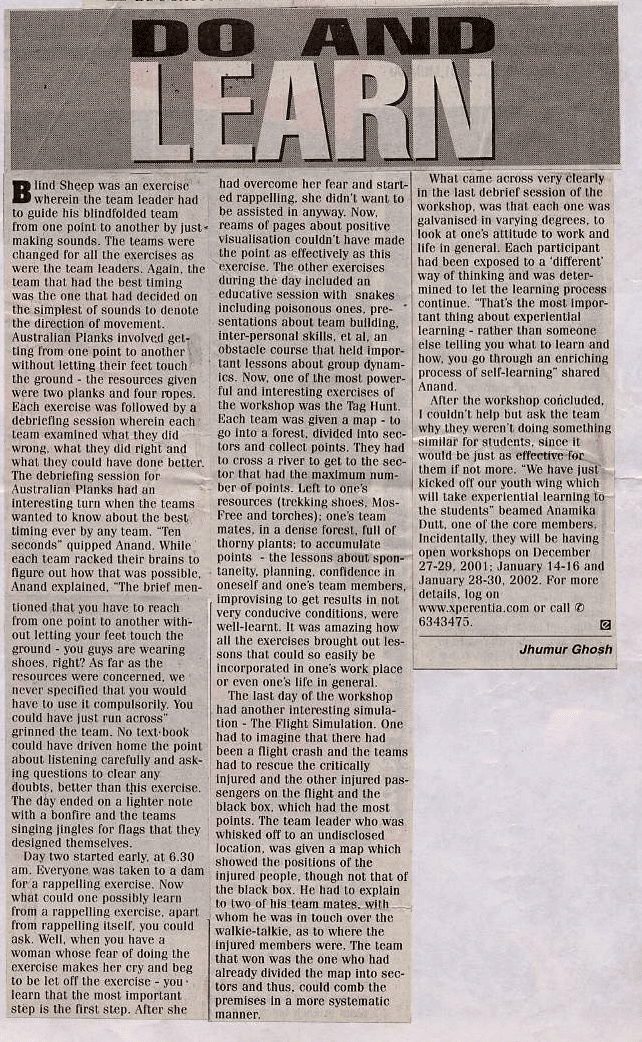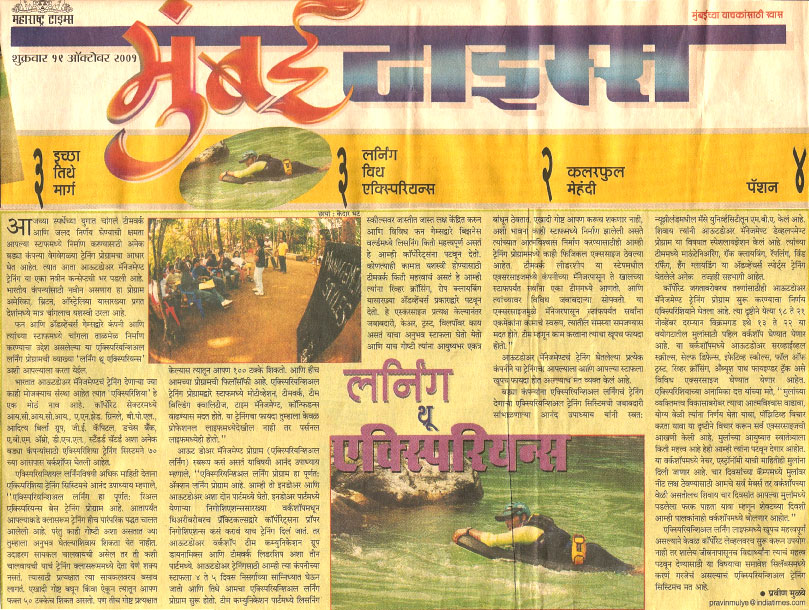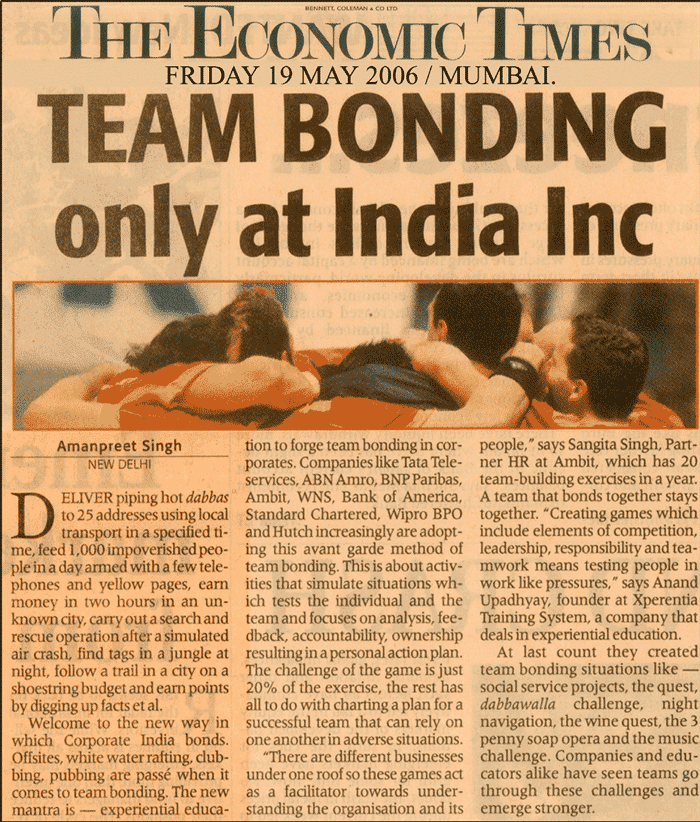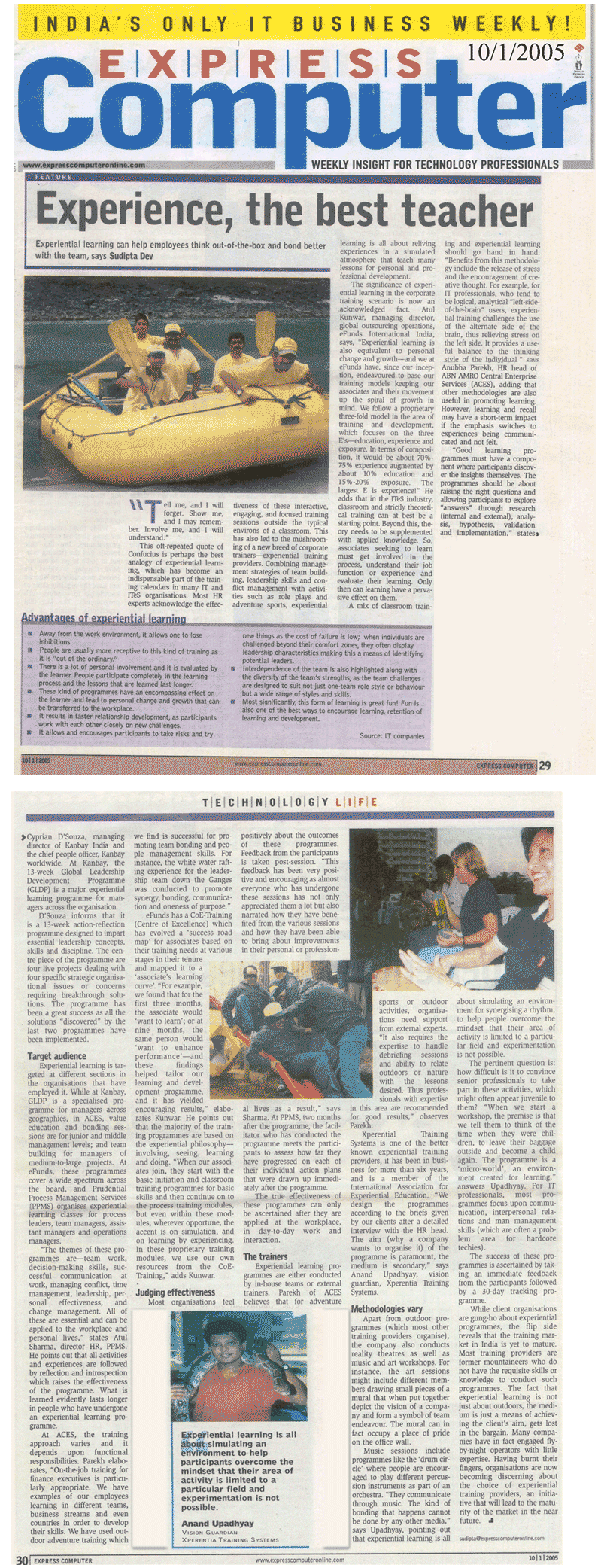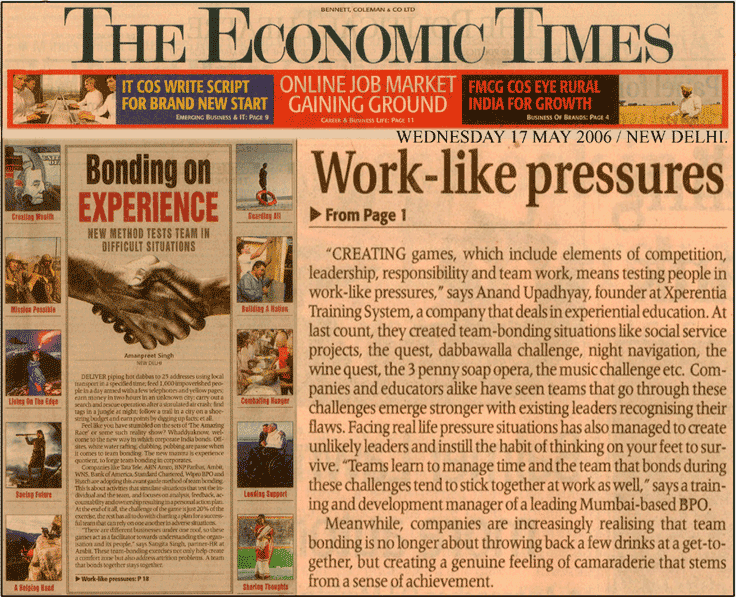“The thing that will endure for 100 years, the way it has for most 100 year companies, is the culture. The culture is what creates the foundation for all future innovation. If you break the culture, you break the machine that creates your products.”
“The thing that will endure for 100 years, the way it has for most 100 year companies, is the culture. The culture is what creates the foundation for all future innovation. If you break the culture, you break the machine that creates your products.”
Brian Chesky (Co-Founder & CEO, AirBnB)
Consider an example, company A from Germany and company B from India have started a joint venture. The mission statement calls for the new JV to reach $500 million in revenues in 5 years. The German and the Indian employees go forward towards achieving this target to the best of their abilities.
Jump forward 2 years, and the JV is struggling to achieve this target. The prime culprit is the fact that there is a vast difference in terms of the way that the Indians and Germans work. The current strategy of letting each team work in the way that they “found best”, has driven a wedge between the cross-cultural teams. There is sense of disharmony within the organization, with each team resenting the other’s way of working.
Xperentia was commissioned to address this situation. We recommended that The need of the hour for the organisation was to create a shared set of values – a guide for the teams which helps them understand and imbibe the company’s unique way of working as envisioned by the Board. This approach called for the creation of the Vision, Values and Operating Norms of the venture and the buy in for these revised parables by the teams in conflict.
This was achieved by Xperentia in a calibrated and phased intervention over a period of 4 quarters:
Phase 1 – Co-creation and articulation of the Vision, Mission and values for the JV organisation. This was a ‘bottom-up’ process and included key personnel across the organisation’s hierarchy.
Phase 2 – ‘Visualising Values’, a series of Experiential workshops which helped all employees to understand these values ‘at work’ and arriving at some not negotiable operating norms derived from these values.
A common malady
This is a situation which is faced by a host of companies, even though it is rarely apparent to the general population within the organisation. As is clear from the above example, this issue manifests itself in inter-team conflicts and a lack of cohesion within the organization. In order to tackle this problem, a set of Organizational Development Initiatives, across the entire organization, need to be undertaken to achieve the following outcomes:
- Articulate a common set of guiding principals
- Buy-in from all stakeholders
- Cascade the articulated set of values across the organization
The lead in articulation of the aforementioned guiding values need to be undertaken at the CXO and key stakeholder levels within the organization. In order to do so, a facilitated conclave with the top leaders in order to funnel down what are a set of “best for business” imperatives.
These values would then become a preamble to the JV’s constitution, a set of irrefutable and immutable guidelines which will form the backbone of the organization’s culture.
This example is becoming increasingly relevant in this era of start-ups. The desire of these start-ups to grow their top line has been moderated to include the growth of their people along with it. Companies become successful because of their employees, not in spite of them. This is where the organizational culture gains monumental importance.
As Brian Chesky famously said, “Don’t f&*% up the culture!”
by Vipul Mathur, Head Client Partnerships

